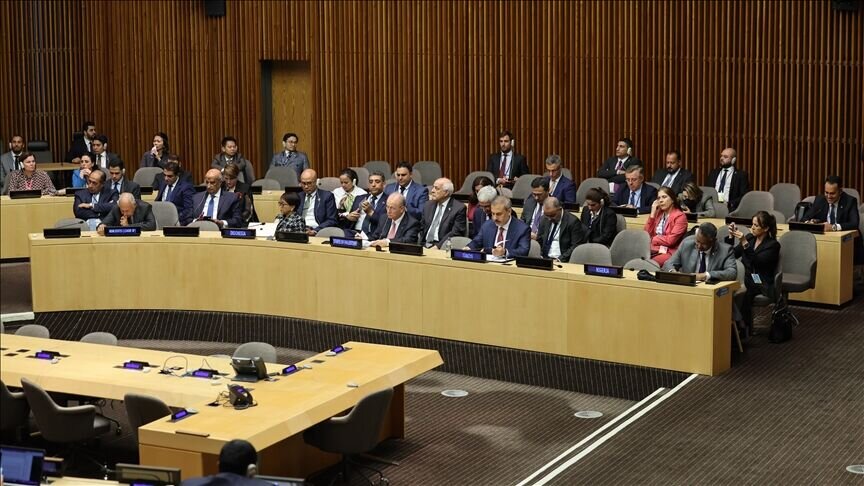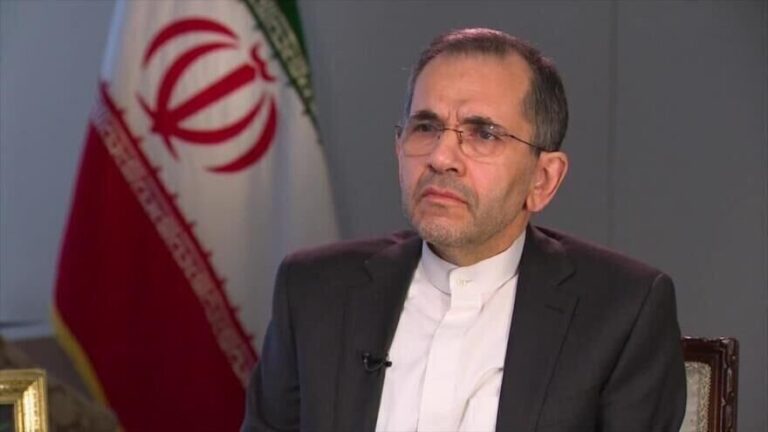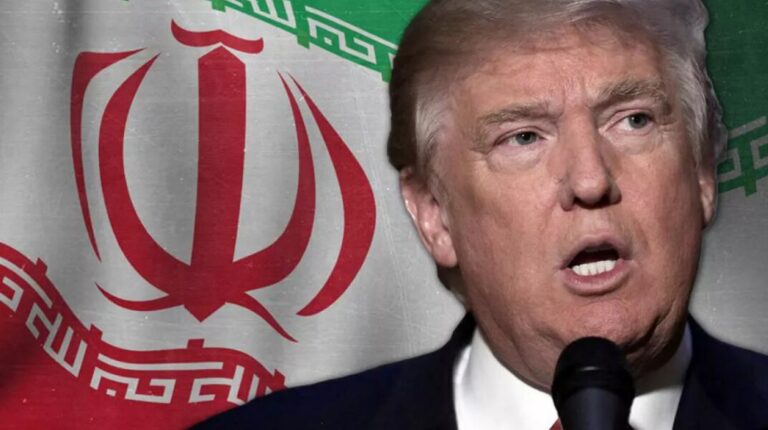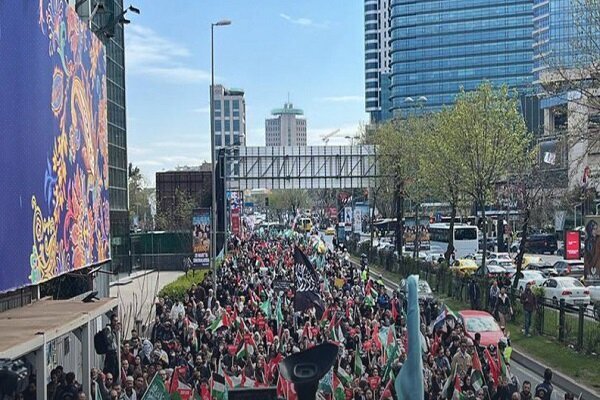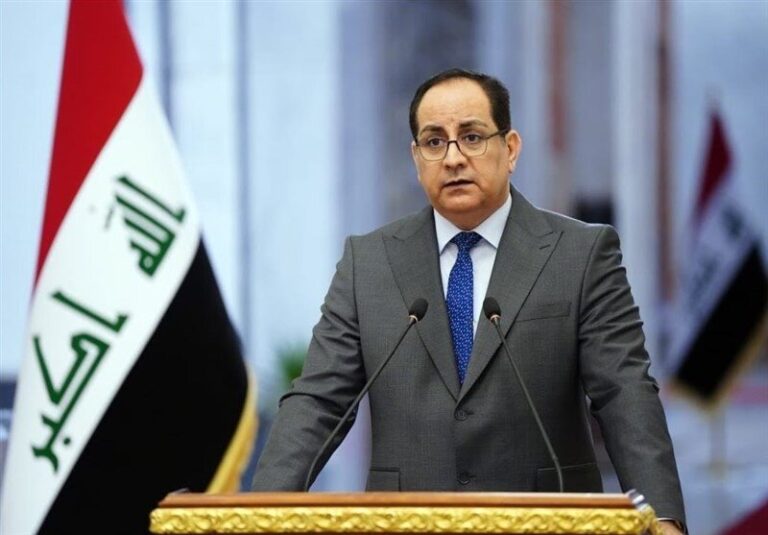UN Arab Envoys Reject Trump’s Plan to Displace Palestinians: A Stand for Justice
In a bold statement, a coalition of Arab and Muslim ambassadors at the United Nations has condemned U.S. President Donald Trump’s controversial goal of forcibly displacing Palestinians from their homes in the besieged Gaza Strip. This declaration has been characterized as a direct violation of international law, highlighting the ongoing tensions in this volatile region.
During a press conference held in New York, Kuwait’s UN envoy, Tareq al-Banai, spoke on behalf of the Arab Group, firmly rejecting the notion of displacing Palestinians from Gaza. He emphasized the need for a unified stance against such actions, stating, “Such displacement is a clear breach of Article 49 of the Fourth Geneva Convention of 1949.” This statement garnered support from representatives of the Organization of Islamic Cooperation (OIC) and the Non-Aligned Movement (NAM).
Al-Banai further elaborated on his vision, expressing a desire for a vibrant and independent Palestinian state. “We, the Arab countries, want to see a Riviera — a Palestinian Gazan Riviera — within an independent and internationally recognized state of Palestine,” he asserted, emphasizing the importance of Palestinian sovereignty.
Earlier this month, President Trump proposed that the United States take “ownership” of the Gaza Strip, intending to transform it into a tourism hub. This plan would effectively displace the existing Palestinian population, raising significant concerns about the humanitarian implications of such a move. “The U.S. will take over the Gaza Strip, and we will do a job with it too,” Trump stated during a joint press conference with Israeli Prime Minister Benjamin Netanyahu in Washington. This controversial statement triggered widespread global outrage, including protests from allies in West Asia.
In response to Trump’s comments, hundreds of demonstrators gathered outside the White House, voicing their opposition and warning that the Palestinian territory is “not for sale.” Despite the backlash, Trump has continued to reiterate his proposal, raising alarm among various international observers.
In addition to the UN ambassadors, Ali al-Qaradaghi, the secretary-general of the Qatar-based International Union of Muslim Scholars (IUMS), has condemned the president’s Gaza plan as extremely dangerous. He has called for a serious response from the international community to address the potential implications of relocating Gaza residents to other countries.
The International Union of Muslim Scholars has expressed deep concern regarding recent developments in the international landscape, particularly focusing on Trump’s intentions. Al-Qaradaghi stated that tolerance and negligence towards these actions represent a “great betrayal,” highlighting that such plots not only violate international law but also pose significant risks to the security and stability of both the region and the world.
- Displacement Violates International Law: The proposed removal of Palestinians from Gaza is seen as a breach of the Fourth Geneva Convention.
- Call for Palestinian Sovereignty: Arab leaders are advocating for an independent and recognized state of Palestine.
- Global Outrage: Protests erupt in response to Trump’s comments, demonstrating widespread opposition to the plan.
- International Community Response: Calls for action from organizations like the IUMS emphasize the need for a unified stance against the displacement of Palestinians.
As the situation continues to evolve, it is clear that the proposed actions by the Trump administration have sparked a significant response from Arab countries and international organizations. The emphasis on preserving Palestinian rights and sovereignty remains a central theme in the discourse surrounding this contentious issue.
In conclusion, the ongoing debate over the future of Gaza and its inhabitants highlights the complexities of international relations and the importance of adhering to established legal frameworks. The Arab and Muslim ambassadors at the UN have made it clear that any plans for the forced removal of Palestinians will face strong opposition, both politically and socially, from various factions across the globe.
